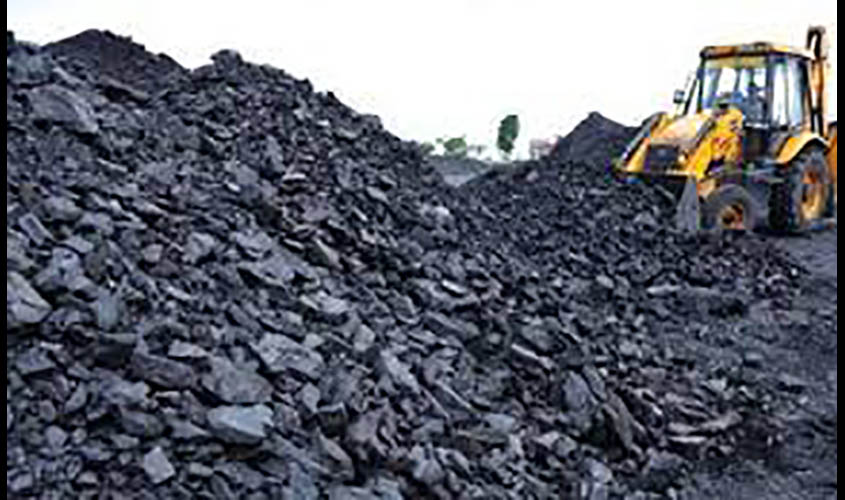New Delhi: Going ahead with reforms in the coal sector, the Narendra Modi government now plans to establish a Coal Regulator on the lines of the Telecom Regulatory Authority of India (TRAI) and Central Electricity Authority (CEA).
Sources said that the government feels that since the sector is now opened up, there will be competition and the government will not be required to intervene. “Therefore, we need to have a Coal Regulator. However, what exactly will be given to the Regulator has to be decided,” a source said.
The UPA government had introduced the Coal Regulatory Authority Bill, 2013 in the Lok Sabha on 23 December 2013, but it lapsed with the dissolution of the 15th Lok Sabha in May 2014. The Bill seeks to establish a Coal Regulatory Authority of India (CRAI) to regulate and conserve resources in the coal sector, protect the interests of the consumers and producers of coal and other related issues.
Sources said the government may re-introduce the Bill once again in order to set up a Coal Regulator. The proposed CRAI will advise the government on formulation of policies in the coal sector, promotion of competition and investment in the coal industry and development of various mining technologies.
In a bid to attract investments and boost domestic coal production, the Centre recently announced promulgation of an Ordinance to open up coal mining in the country to non-coal companies, while removing restriction on end-use of the fuel. The Union Cabinet also gave its nod for initiating the process of coal auction and the first round of sale of blocks under commercial mining is proposed to be launched in the current financial year, i.e. before 31 March, in order to avoid disruption in production. Lease of 334 non-captive mineral mines is expiring on 31 March this year. Of these, 46 mines, mostly in Odisha and Karnataka, are operational.
Sources said it is a historic step towards ease of doing business and democratisation of coal and mining sectors. A discussion paper containing the draft methodology and key bidding terms and conditions on the auction of coal mines for sale has been uploaded on the Ministry of Coal website.
In 2018, as part of reforming the coal sector, the Modi government had allowed commercial mining by private companies, but non-coal companies could not participate in the auction. In August last year, the government announced 100% foreign direct investment (FDI) under the automatic route in coal mining for open sale, besides creating associated infrastructure like washeries.
Now, the fresh move of promulgating Ordinance will further bring reforms in the sector. It amends the current provision in the law which allows only companies in coal mining to bid for coal mines. The move, according to sources, will help create an efficient energy market, usher in competition and reduce coal imports, while also ending the monopoly of state-owned Coal India Limited (CIL), which was nationalised in 1973. The government has set an ambitious target of bringing imports to zero in the next 4-5 years.
This is to be noted that out of 204 coal blocks whose allocation was cancelled by the Supreme Court in 2014, after the coal scam, only 29 could be auctioned as some of these mines had end-use restrictions, which means coal produced from them could be used only for the designated captive purpose only and not traded in the market. The opening of the mining to non-coal companies, as well as removing the end-use restrictions, is expected to pave way for the auction of these mines.
India has the world’s fourth-largest coal reserves. However, it still has to depend on imports. In the last financial year, India imported 235 million tonnes of coal worth Rs 1.71 lakh crore. The opening up of commercial mining for the private sector is considered to be the most ambitious coal sector reform since the nationalisation of this sector in 1973.
The reform is expected to bring efficiency into the coal sector by moving from an era of monopoly to competition. It also aims to allow the use of best possible technology into the sector. The higher investment will create direct and indirect employment in coal bearing areas, especially in the mining sector and will have an impact on economic development of these regions.

